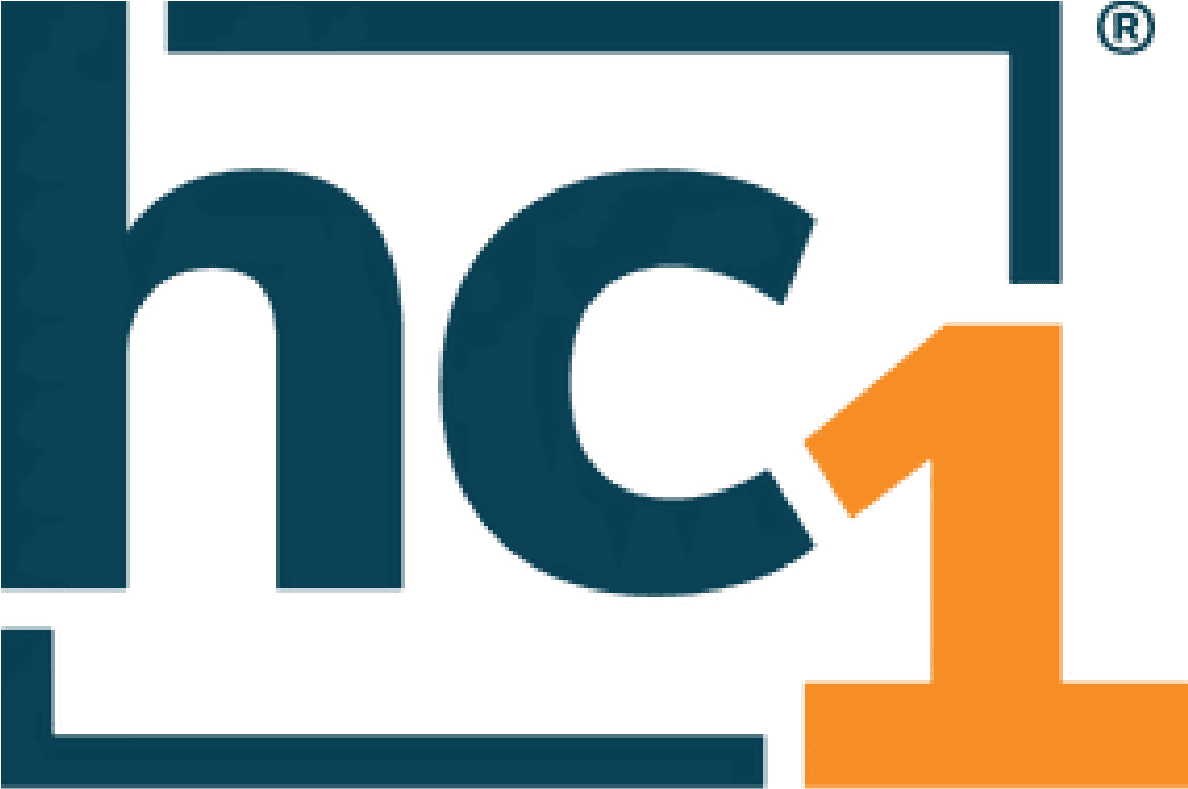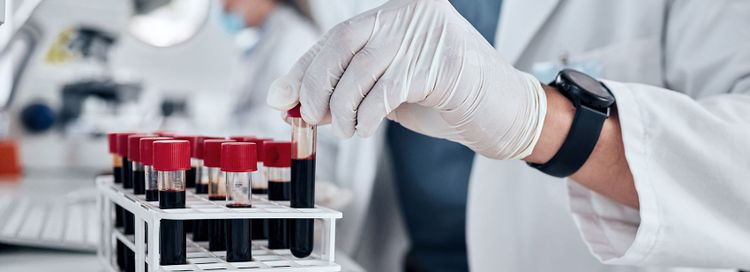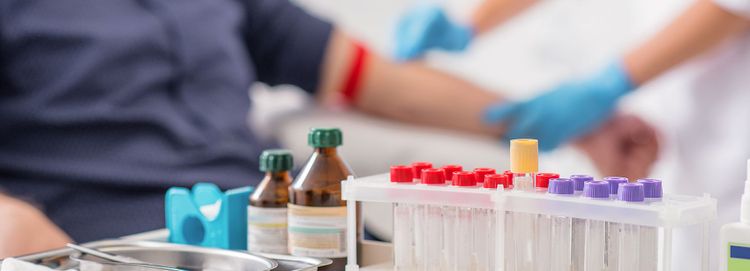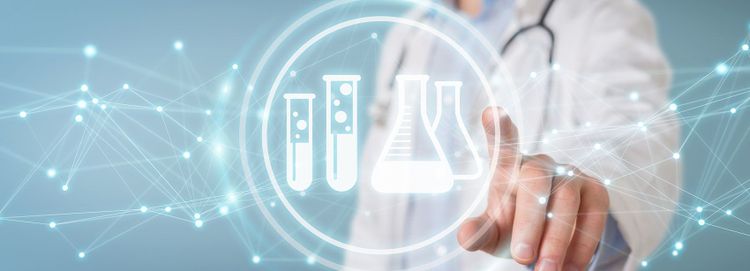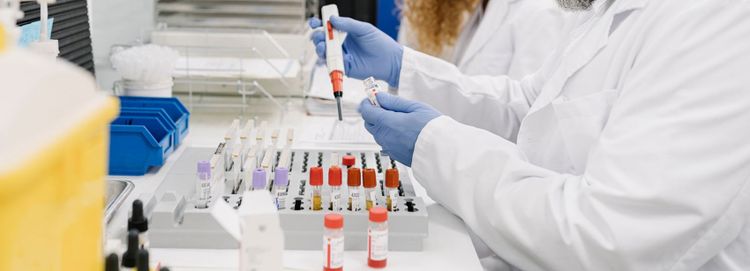March 8, 2021
During his recent Rapid-Fire Presentation at the Academy Health DataPalooza and National Health Policy Conference, hc1 Founder and CEO, Brad Bostic, likened the need for timely insights into COVID-19 to the need for timely notification prior to major weather events. He said knowing a hurricane hit two weeks ago doesn’t help us prepare in advance, just as knowing a COVID-19 surge occurred two weeks ago doesn’t help prevent the spread.
During his presentation, Mr. Bostic discussed how the public health response to COVID-19 was hampered by a lack of data transparency as local agencies were both overwhelmed and missing timely, accurate information upon which to base optimal decisions around re-opening. He explained that in response, a coalition of laboratories and technology partners came together to equip front-line decision-makers with detailed, real-time testing insights and provide the granular data needed to monitor spread within their communities and respond proactively to changes.
“This situation certainly put a very bright hot light on the issue of data silos and the fact that we don’t have a data value chain set up today in a way that really is acceptable,” he said. “We’re demonstrating that when you have live, high fidelity access to massive volumes of diagnostic lab tests, in the results you can actually identify these signals that, in a way, are very clear down to a hyper-local level and with the right kinds of collaboration with the providers you can go all the way to drive the interventions that are needed to create the positive change.“
COVID-19 response is just one way in which this critical data organization, normalization and availability is critical. Because more than half of all the diagnostic lab results in the country are ingested into the hc1 Platform. “we’re able to identify hidden risk signals that indicate there’s some kind of a need for a health response,” Mr. Bostic said. “By effectively connecting a precision health insight network that’s national in scale and using the right kinds of technologies and informing all of these data points into a common, normalized model you can actually do this for really any disease state.”
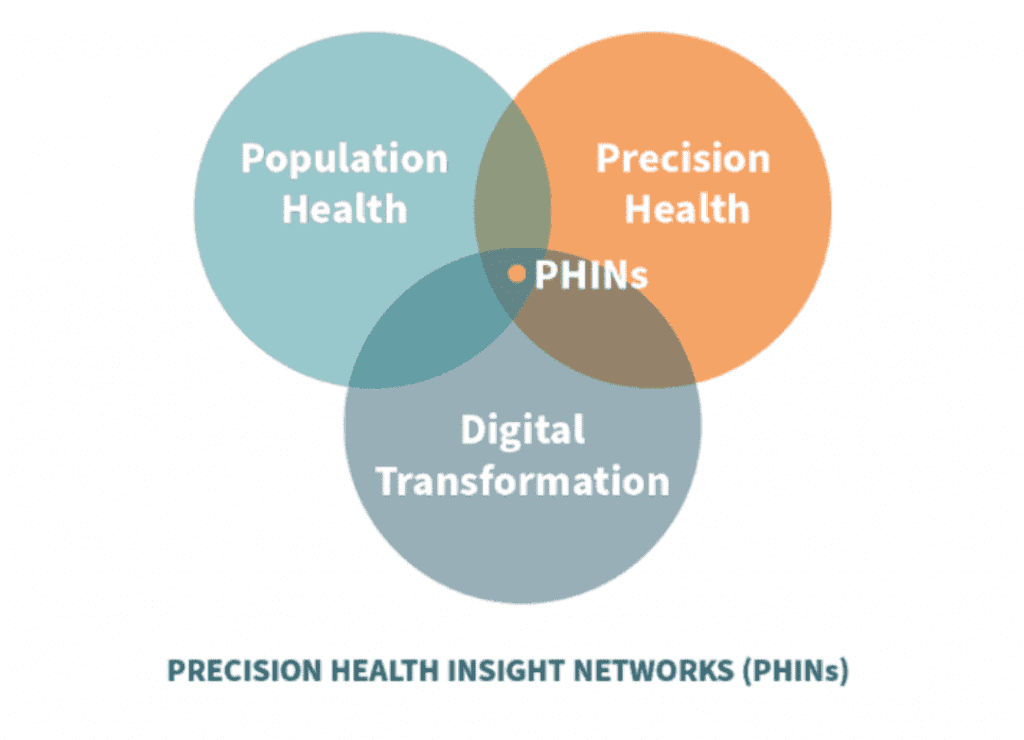
Precision Health Insight Networks (PHINs) deliver mass personalization in healthcare by securely and intelligently integrating, normalizing, enriching, and transforming health data into the signals that identify risk and drive care decisions that cater to each patient’s unique needs. Through PHINs, health systems and health plans deliver markedly better outcomes while significantly reducing healthcare costs. These networks bring together all available patient health information, like test results and prescriptions, and clinical guidelines to automatically generate the signals needed to ensure fast and accurate diagnosis and identify the medications that best align with the patient’s unique genetic makeup and condition for optimal prescribing.
PHINs hold tremendous promise to deliver countless breakthroughs that will enhance the way healthcare is delivered, saving millions of lives and billions of dollars. By bringing to light the dysfunction resulting from the nation’s current care model, COVID-19 has showcased the innovation that our communities deserve.
In most cases the infrastructure and data already exists and only the right connections and processes need to be put into place for providers and patients to see benefit. PHINs make it possible for healthcare organizations of all sizes to manage complex patient information securely across networks and personalize care for all patients.
What to learn more about PHINs?
- Read more at hc1.com
- Download the e-book: The Evolving Care Continuum: Strategies to Effectively Leverage Precision Health
- Read Brian Stout’s blog post: Precision Health: Complexity’s Cure
- Subscribe to the hc1 blog for regular updates
- Contact Us – we love to talk about PHINs
